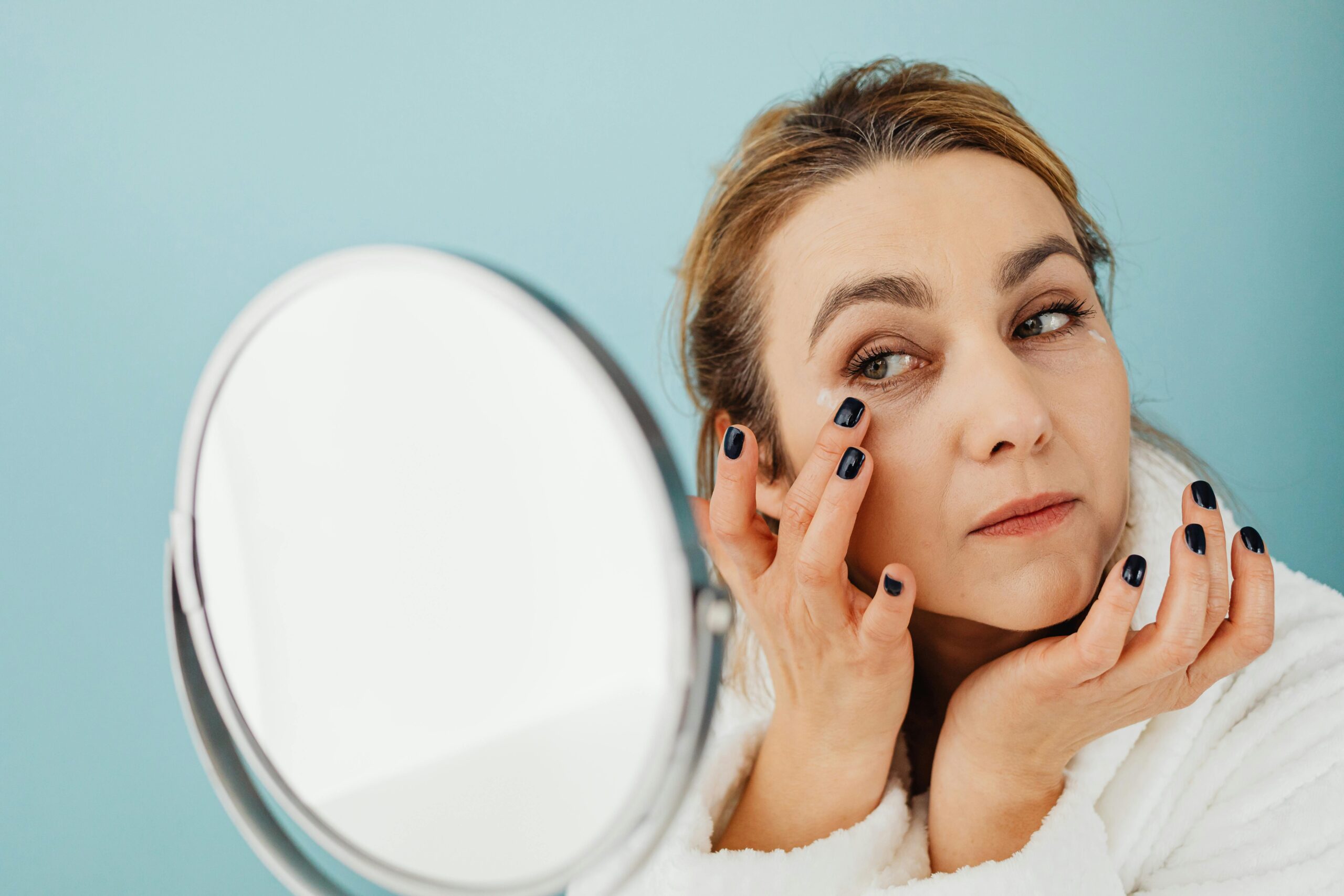Why am I suddenly getting dark spots on my face
Have you noticed dark marks or patches on your face appearing recently? You are not the only one. Hyperpigmentation, where the skin becomes darker than the rest, is an ailment many people face. These areas of concern are distressing, especially when they manifest suddenly and spread at an alarming rate. Let us explore the possible concerns, solutions, and whether these issues can self-resolve or require intervention.
What Are Dark Spots?
Dark spots, medically known as hyperpigmentation, occur when an excess of melanin—the pigment responsible for skin color—is produced in certain areas of the skin. These spots can range from light brown to deep black and may vary in size and shape. While generally harmless, they can affect a person’s self-confidence and are often a visible indicator of underlying skin or health issues.
Why Am I Suddenly Getting Dark Spots on My Face?
1. Sun Exposure
One of the most common causes of sudden dark spots is prolonged or intense exposure to ultraviolet (UV) rays. UV radiation stimulates the production of melanin, which may concentrate in specific areas, forming what are commonly known as sunspots or age spots.
2. Hormonal Changes
Hormonal fluctuations, especially in women, can lead to a specific type of hyperpigmentation known as melasma. This is often triggered by:
- Pregnancy (called the “mask of pregnancy”)
- Birth control pills
- Hormone replacement therapy
Melasma usually appears as symmetrical patches on the cheeks, forehead, or upper lip.
3. Post-Inflammatory Hyperpigmentation (PIH)
If you’ve recently experienced acne, eczema, or another skin trauma (like burns or cuts), you might notice dark spots forming after healing. This condition, known as PIH, is the skin’s response to inflammation or injury.
4. Medication Side Effects
Certain drugs can increase skin sensitivity to light or trigger pigment changes. Common culprits include:
- Nonsteroidal anti-inflammatory drugs (NSAIDs)
- Tetracycline antibiotics
- Antimalarial medications
- Chemotherapy agents
5. Skin Aging
As we age, our skin undergoes natural changes, and melanin can clump or be produced in higher concentrations, leading to age spots.
6. Vitamin and Mineral Deficiencies
Surprisingly, a lack of certain vitamins and minerals can contribute to dark spots, especially:
- Vitamin B12 deficiency (especially in people with darker skin tones)
- Iron deficiency
- Vitamin D deficiency
- Folate deficiency
These deficiencies can cause uneven pigmentation, fatigue, and other systemic symptoms.
How Do You Get Rid of Dark Patches on Your Face?
Treating dark spots involves a combination of lifestyle changes, skincare routines, and sometimes professional intervention. Here are the most effective approaches:
1. Topical Treatments
a. Hydroquinone
A common skin-lightening agent that inhibits melanin production. Often available over-the-counter in low concentrations or by prescription.
b. Retinoids (Retinol, Tretinoin)
Derived from vitamin A, retinoids accelerate cell turnover and help fade hyperpigmentation.
c. Vitamin C
A powerful antioxidant that brightens skin tone and blocks melanin production.
d. Niacinamide
Helps reduce the transfer of melanin to skin cells and also improves skin barrier function.
e. Azelaic Acid
Effective in treating PIH and melasma, especially in sensitive skin.
f. Kojic Acid and Licorice Extract
Natural ingredients that inhibit melanin production and are often used in brightening products.
2. Professional Treatments
a. Chemical Peels
Use of acids like glycolic acid or salicylic acid to remove the top layers of skin and reduce pigmentation.
b. Laser Therapy
Targets melanin with concentrated light to break down dark spots. Not suitable for all skin types.
c. Microneedling
Promotes skin regeneration and collagen production, which can help fade pigmentation over time.
d. Microdermabrasion
A physical exfoliation process that helps remove pigmented skin cells.
3. Sun Protection
The most crucial part of any hyperpigmentation treatment is consistent sun protection. Without sunscreen, even the best treatments won’t be effective.
- Use a broad-spectrum SPF 30 or higher daily.
- Reapply every 2 hours when outdoors.
- Wear hats and seek shade whenever possible.
4. Nutritional Supplements and Diet
If deficiencies are part of the cause, replenishing nutrients is key. Talk to your healthcare provider about testing for:
- Vitamin B12
- Iron
- Vitamin D
- Folic acid
A balanced diet rich in leafy greens, eggs, dairy, lean meats, nuts, seeds, and colorful vegetables supports skin health.
Do Facial Dark Spots Go Away?
The answer depends on the cause and treatment approach.
- PIH (from acne or injury) often fades over time, especially with treatment and sun protection.
- Melasma can be more stubborn and may require long-term management.
- Sunspots and age spots may persist without targeted treatment but can fade with consistent care.
- Deficiency-related pigmentation often improves with correction of the underlying deficiency.
In general, early intervention and persistence in treatment are key. Some spots may take several weeks to months to fade completely.
Which Deficiency Causes Dark Spots on the Face?
As mentioned earlier, several nutritional deficiencies can lead to pigmentation issues. Here’s a closer look:
1. Vitamin B12 Deficiency
This is one of the more common deficiency-related causes of dark patches, especially in people with darker skin tones. Symptoms include:
- Fatigue
- Pale skin
- Numbness or tingling in extremities
- Tongue soreness
- Cognitive disturbances
2. Iron Deficiency
Iron plays a role in the function of skin cells. Deficiency may not directly cause hyperpigmentation, but it contributes to pallor and dullness that makes dark spots more visible.
3. Vitamin D Deficiency
Vitamin D helps regulate skin cell growth. Its deficiency may worsen inflammatory skin conditions and pigment irregularities.
4. Folic Acid Deficiency
This B vitamin is crucial during pregnancy and for cell turnover. A lack of folic acid can contribute to melasma and general skin dullness.
If you’re seeing new or worsening pigmentation, especially alongside fatigue, weakness, or neurological symptoms, consider asking your healthcare provider to evaluate your nutrient levels.
Final Thoughts: Prevention and Self-Care
While dark spots can be frustrating, the good news is that they are treatable and often preventable. Here’s a simple routine to help manage and avoid them:
- Cleanse gently twice a day
- Exfoliate weekly to remove dead skin cells
- Treat with targeted serums like vitamin C or niacinamide
- Moisturize to maintain a healthy skin barrier
- Protect with sunscreen daily
- Nourish with a vitamin-rich, balanced diet
Lastly, patience is key. Pigmentation doesn’t fade overnight, but with consistency and care, you can significantly improve your skin’s appearance and overall health.


One thought on “Why Am I Suddenly Getting Dark Spots on My Face?”